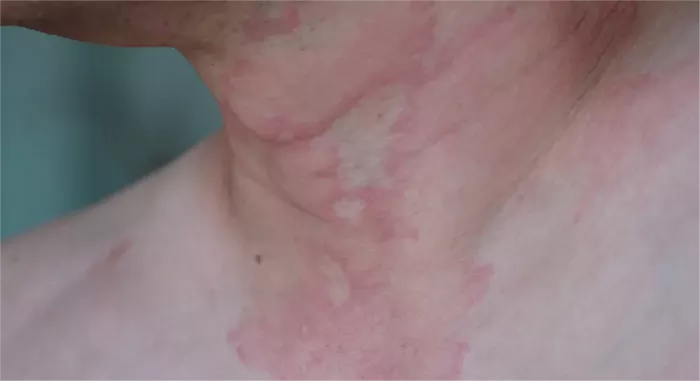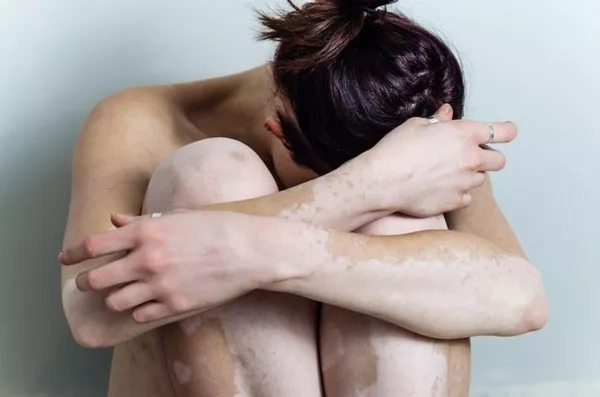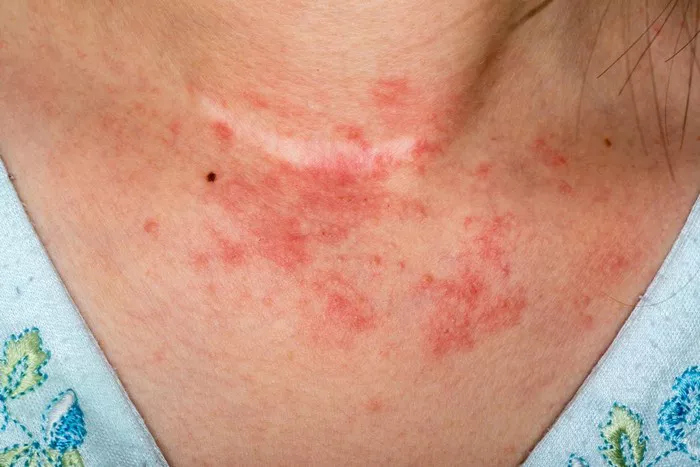Hives, also known as urticaria, are a common skin reaction characterized by raised, itchy welts on the skin. Many factors can trigger hives, including allergies, stress, and certain foods. Alcohol consumption, particularly whiskey, is also believed to be a potential trigger for some individuals. Let’s delve into the relationship between whiskey and hives, exploring the mechanisms behind this reaction and how individuals can manage or prevent it.
Understanding Hives
Before we delve into the connection with whiskey, it’s crucial to understand what hives are and how they manifest. Hives appear as red, raised welts (wheals) on the skin, often accompanied by itching. They can vary in size and shape and may occur suddenly in response to various triggers.
Hives are typically caused by the release of histamine and other chemicals from specialized cells in the skin called mast cells. This release leads to temporary swelling and irritation of the affected area. Common triggers for hives include allergens like certain foods (e.g., nuts, shellfish), medications (e.g., antibiotics), insect stings, infections, and environmental factors.
Alcohol and Skin Reactions
Alcohol, including whiskey, is known to affect the body in numerous ways. For some individuals, consuming alcohol can lead to skin reactions, including flushing (reddening of the skin) and, in more severe cases, hives. The exact reason behind alcohol-induced hives isn’t fully understood, but several mechanisms have been proposed:
1. Histamine Release: Alcohol can stimulate the release of histamine, a chemical involved in allergic reactions. Histamine release can lead to skin flushing and, in sensitive individuals, hives.
2. Allergic Reaction: Some individuals may have an allergy or sensitivity to components in whiskey, such as grains (e.g., barley, wheat), yeast, or additives. This can trigger an immune response, leading to hives.
3. Alcohol Metabolism: The process of metabolizing alcohol in the body can produce byproducts that trigger skin reactions in susceptible individuals.
Whiskey and Histamine
Histamine intolerance is a condition where the body has difficulty breaking down histamine, leading to an accumulation of this chemical in the body. Certain alcoholic beverages, including whiskey, are known to contain higher levels of histamine. This can be problematic for individuals prone to histamine intolerance or those with a predisposition to allergic reactions.
When histamine levels rise in the body due to alcohol consumption, it can manifest as skin flushing, itching, or hives. Histamine intolerance can also cause other symptoms like headaches, nasal congestion, and digestive issues.
Managing Alcohol-Induced Hives
If you suspect that whiskey or alcohol is causing your hives, it’s essential to take steps to manage the condition. Here are some strategies:
1. Avoid Triggers: Identify and avoid specific types of alcohol that seem to trigger your hives. Keep a diary to track your symptoms and pinpoint potential triggers.
2. Antihistamines: Over-the-counter antihistamines can help alleviate hives by blocking the effects of histamine in the body. Consult with a healthcare professional for appropriate dosing and recommendations.
3. Limit Alcohol Consumption: Moderation is key. Reduce the amount of alcohol you consume or consider abstaining if you experience frequent hives or other adverse reactions.
4. Seek Medical Advice: If you’re unsure about the cause of your hives or if they are severe and persistent, consult a healthcare provider. They can perform tests to determine if alcohol or other factors are contributing to your symptoms.
Conclusion
In conclusion, while whiskey can potentially cause hives in some individuals, the exact mechanisms behind this reaction can vary. Factors such as histamine release, allergic sensitivity, and alcohol metabolism may all play a role. If you experience hives or other skin reactions after consuming whiskey, consider investigating potential triggers and seeking guidance from a healthcare professional. By understanding the relationship between alcohol and hives, individuals can take steps to manage their symptoms effectively and enjoy a healthier lifestyle.
Related Topics:
Is Sun Exposure Harmful for Those with Hives?


























